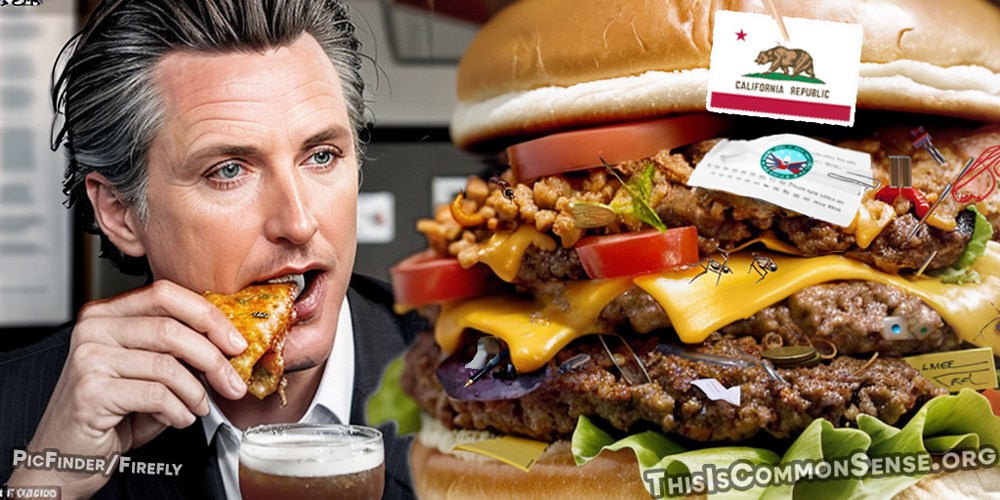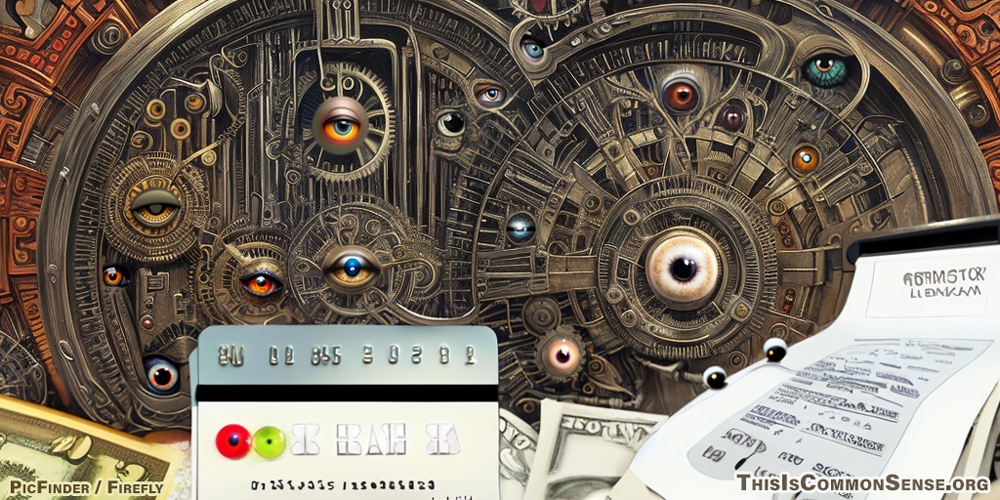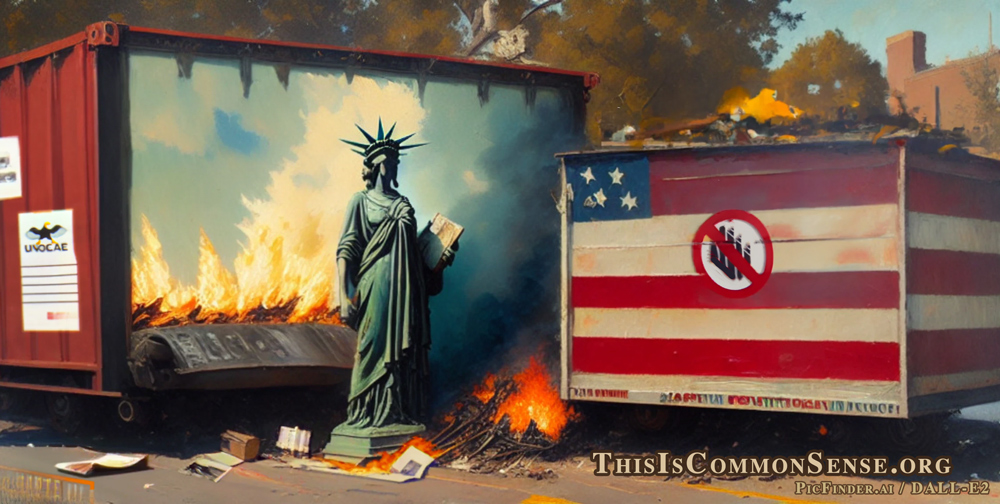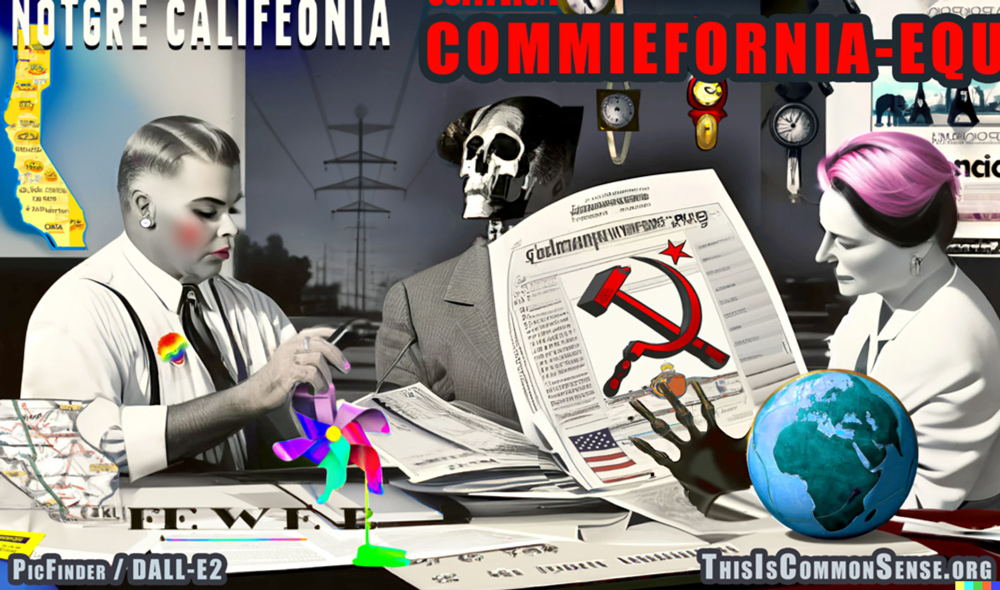When bad outcomes are obvious, we can no longer call them “unintended consequences,” can we?
Take the case of California’s double-barreled attack upon “fast food”: last year’s push through the legislature of Assembly Bill 102 and Assembly Bill 1228. These regulatory schemes would have introduced collective bargaining into fast food franchises and enforced much higher minimum wage rates.
The two laws sparked an industry backlash, in the form of ballot referendums to halt the regulatory onslaught, which Steven Greenhut writes about at Reason. “In September, Gov. Gavin Newsom announced a ‘truce,’” Greenhut explains. “The industry pulled its ballot measure and agreed to a $20 minimum wage. In return, Newsom and unions limited the power of the Fast Food Council and removed joint-liability provisions.”
The concession on hiking the legal wage minimum was agreed to, notice, by the fast food lobbyists. Not the workers.
As those familiar with elementary economics understand, when the costs of an input (like labor) are increased, alternatives to those inputs will be sought. So we can expect more replacements of workers with automation — as we’ve seen all around the country in fast food, especially at McDonald’s — as well as higher prices.
Which, in a state sporting huge homelessness and unemployment problems, will only hobble the one industry that helps the poorest members of society both in terms of consumer products (inexpensive food) and entry-level jobs (at fast food joints).
Perhaps California’s Democrats know full well what they are doing. They push crazy policies not because the negative outcomes are “unintended” or unforeseeable.
You see, it’s not disastrous for them.
This is Common Sense. I’m Paul Jacob.
Illustration created with PicFinder and Firefly
—
See all recent commentary
(simplified and organized)






